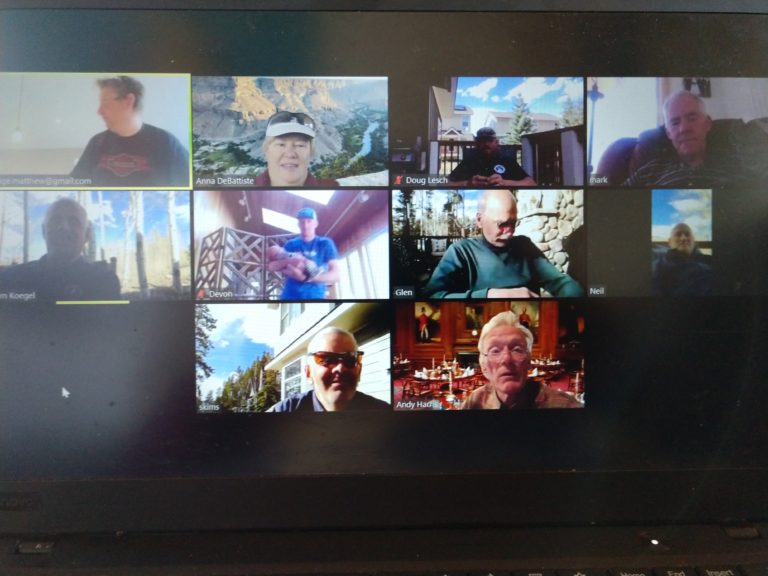Earlier this week I posted a blog entry on several Linkedin groups called “Respect Looks Different to Different Generations”and the ensuing discussion, especially on the Training and Development group, was fascinating. Two different conversational threads developed. The dominant conversational thread was about multi-tasking. In the original blog entry I had used the example that to older generations, texting or typing during a meeting or class was considered disrespectful; but to the multi-tasking champions of Gen Y, it did not mean that a person wasn’t listening. Several people challenged that idea, citing a substantial body of research that says no one can effectively multi-task. Jay Foley in particular made some educational points about how we mistake “serial mono-tasking” for multi-tasking. From there, the commenters either talked about the ineffectiveness of multi-tasking, or in some cases, insisted that typing during a meeting is still disrespectful no matter what your generation or perspective.
The other thread was from people who gave further examples of how different generations defined respect differently. Here were some of the more interesting points:
- More experienced (and probably older) workers want to have their experience recognized and respected, whereas newer (and probably younger) workers may want to be valued for their creativity and fresh ideas.
- One commenter gave an example of talking to a younger worker from the south on the phone and being told that she considered it disrespectful for him to call her “ma’am”!
- A language example: to the younger generations, “phat” means attractive but because of its pronunciation (fat) older folks are likely to find it offensive.
- Older workers may find it disrespectful to be called by their first name.
- Listening might be a sign of respect for all generations, but the way you listen might vary.
A really interesting point came from Leslie Orr, who said that the way Gen Y’s process information and ultimately how they read is different from older generations. She used the term “snacking” to describe it. Older workers, she said, had to sit down to “meals” which meant getting their information via meetings and libraries. The younger generations can “snack” from databases and online services filled with just enough “food” for the moment. If we follow this thought to a logical conclusion, it explains how a Gen Y participant in an all-day meeting might find it difficult, perhaps even painful, to sit through the day and stay engaged without other forms of input. Some commenters talked about part of the problem being that perhaps meetings are not engaging enough; but Leslie’s ideas suggest that it goes beyond that, to the very structure and type of meetings we hold.
So what’s the answer? Does everything in the training world need to move to e-learning platforms, even topics like communication, teambuilding and interpersonal skills? That doesn’t seem possible to me; it seems like we have to be able to find a compromise, a way to hold traditional ILT and in-person meetings that still takes into account the “snacking” habits of the young. I am unwilling to accept the contention of a few commenters who railed about the disrespectfulness of younger workers and insisted that their own way of disseminating information was the only respectful way. Older generations have been complaining about younger generations for thousands of years, and as my friend Peter Grannis recently pointed out, perhaps this is partly due to jealousy; they will outlive us after all, and they can still run up the stairs without back pain. But there have to be some things we can learn about working together that don’t involve unilateral value judgments and refusal to change the way we do things. What do you think?

Comments are closed.